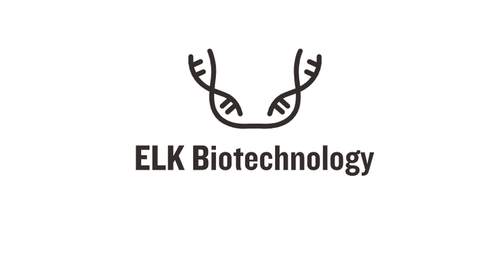Product Description
Human Protein S100-A16 (S100A16) ELISA Kit | AE20917HU | Abebio
Species Reactivity: Human (Homo sapiens)
Abbreviation: S100A16
Alternative Name: AAG13; DT1P1A7; MGC17528; S100F; OTTHUMP00000015465|OTTHUMP00000015466|OTTHUMP00000032894|aging-associated protein 13
Application: ELISA
Range: 0.156-10 ng/mL
Sensitivity: 0.069 ng/mL
Intra-Assay: ≤6.3%
Inter-Assay: ≤8.5%
Recovery: 0, 97
Sample Type: Serum, Plasma, Other biological fluids
Detection Method: Sandwich
Analysis Method : Quantitive
Test Principale: This assay employs a two-site sandwich ELISA to quantitate S100A16 in samples. An antibody specific for S100A16 has been pre-coated onto a microplate. Standards and samples are pipetted into the wells and anyS100A16 present is bound by the immobilized antibody. After removing any unbound substances, a biotin-conjugated antibody specific for S100A16 is added to the wells. After washing, Streptavidin conjugated Horseradish Peroxidase (HRP) is added to the wells. Following a wash to remove any unbound avidin-enzyme reagent, a substrate solution is added to the wells and color develops in proportion to the amount of S100A16 bound in the initial step. The color development is stopped and the intensity of the color is measured.
Product Overview: Protein S100-A16 is a protein encoded by the S100A16 gene.S-100 protein is a family of low molecular weight protein found in vertebrates characterized by two calcium binding sites of the helix-loop-helix ("EF-hand type") conformation. There are at least 21 different types of S100 proteins. The name is derived from the fact that the protein is 100% Soluble in ammonium sulfate at neutral pH.Most S100 proteins are homodimeric, consisting of two identical polypeptides held together by non-covalent bonds. Although S100 proteins are structurally similar to calmodulin, they differ in that they are cell-specific, expressed in particular cells at different levels depending on environmental factors. To contrast, calmodulin is a ubiquitous and universal intracellular Ca++ receptor widely expressed in many cells.
Stability: The stability of ELISA kit is determined by the loss rate of activity. The loss rate of this kit is less than 5% within the expiration date under appropriate storage condition. The loss rate was determined by accelerated thermal degradation test. Keep the kit at 37°C for 4 and 7 days, and compare O.D.values of the kit kept at 37°C with that of at recommended temperature. (referring from China Biological Products Standard, which was calculated by the Arrhenius equation. For ELISA kit, 4 days storage at 37°C can be considered as 6 months at 2 - 8°C, which means 7 days at 37°C equaling 12 months at 2 - 8°C) .
 Euro
Euro
 USD
USD
 British Pound
British Pound
 NULL
NULL








